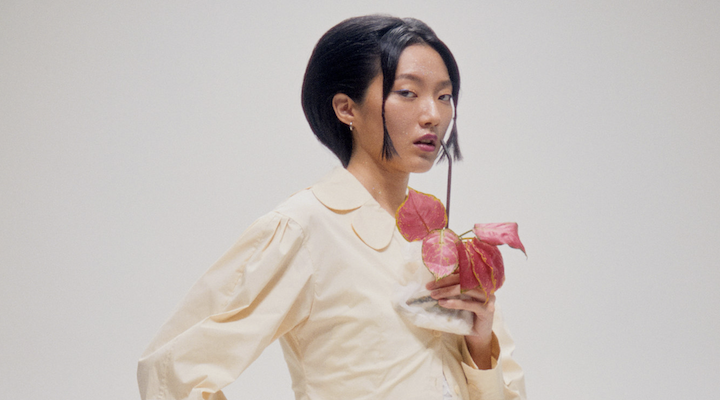As established luxury brands navigate complex market dynamics, emerging niche luxury labels are witnessing a notable uptick in consumer engagement and market presence. The Singapore luxury market is no exception. One of the beneficiaries of this shift is UltraLuxe, a company that hosts an annual festival, monthly events and regular pop-ups for niche luxury brands. “Luxury shopping in-store locally is slowly losing ground to pop-ups and curated niche luxury shopping events, such as those
those offered by UltraLuxe,” Angela Loh, UltraLuxe’s CEO and founder, as well as the festival director for JeweLuxe and Advocacy, told Inside Retail.
According to Loh, while consumers in Singapore previously gravitated towards well-established international brands, there has been a notable shift in consumer loyalty towards niche luxury brands, such as Fope, Paolo Costagli, Unsaid, K Brunini, Amedeo, and Alexander Laut.
She also added as economic uncertainties prompt consumers to be more discerning in their purchases, these niche labels are capitalising on the demand for exclusivity and craftsmanship, offering a fresh alternative to mainstream luxury offerings.
Supported by the Singapore Tourism Board, Singapore is the only country that presents a niche luxury festival annually. Starting with jewellery in 2003 and venturing into timepieces, UltraLuxe expanded into fashion, spirits, living style and culinary last year.
Growing category
According to Loh, niche labels like Azimuth, Caratell, Calla Lily, Simone Jewels, Vihari, Jaiproe by Ritu Aurora, An Order of Bling, and State Property, have been experiencing significant growth in Singapore in the past few years.
“The highest jump is in jewellery, followed by spirits – its growth is evident from the recent proliferation of distilleries and breweries in Singapore and around the world,” she remarked.
“We anticipate an uptrend for haute couture by niche fashion designers. These designers offer more price-realistic options while delivering equivalent or superior fabric, design, and craftsmanship. This is possible due to today’s easy access to a global range of vendors and artisans, a stark contrast to the past.”
Loh also highlighted the evolving landscape in luxury watchmaking outside Switzerland, citing examples such as Azimuth from Singapore, Ming Watch from Malaysia, and Konstantin Chaykin from Russia. Meanwhile, accessible niche brands such as Ebel, Movado, and Concorde, previously sought-after in the 1960s to 1990s are making their comeback.
Driving factors
Loh said market volatility, quality craftsmanship, exclusivity, and timeless design fuel the interest in niche luxury products. This trend stems from affluent consumers’ busy lifestyles and their preference for curated shopping experiences. Well-travelled shoppers often buy international brands abroad to take advantage of exchange rates, which fuels their interest in niche luxury products from different countries.
“The convenience and accessibility of information via the internet and social media have propelled the growth of niche luxury, as news about these brands is easily shared on global platforms. Such widespread communication was not possible in the early days when only multinational luxury brands could stage such marketing outreach.”
She also added platforms like Yoox, Net-a-Porter, The Outnet, Farfetch, Revolve, and 1stdibs have created more avenues for niche brands to showcase and retail their creations, fueling the growth of this luxury genre’s business.
“This trend is attributed to the heightened awareness of local talent in luxury businesses,” she said. “During the pandemic, the affluent community felt compelled to support these brands, which brought them a new sense of purpose and joy in shopping. This appreciation has now expanded beyond local to international niche offerings.”
Looking ahead
Loh said the rise of these boutique brands reflects a growing desire among affluent Singaporeans for more unique, personalised luxury experiences.
“Throughout history, consumers have reacted to economic situations with cutbacks during recessions or uncertainty. That said, the affluent will always shop, especially in Singapore, where shopping is one of our favourite pastimes,” she said.
“However, they are more discerning in their choices, expecting more elevated propositions and services.”
This trend comes at a time when retail sales of luxury goods in the city-state saw an impressive 11 per cent increase last year, totalling S$12.4 billion (approximately US$9.1 billion), according to Euromonitor.

